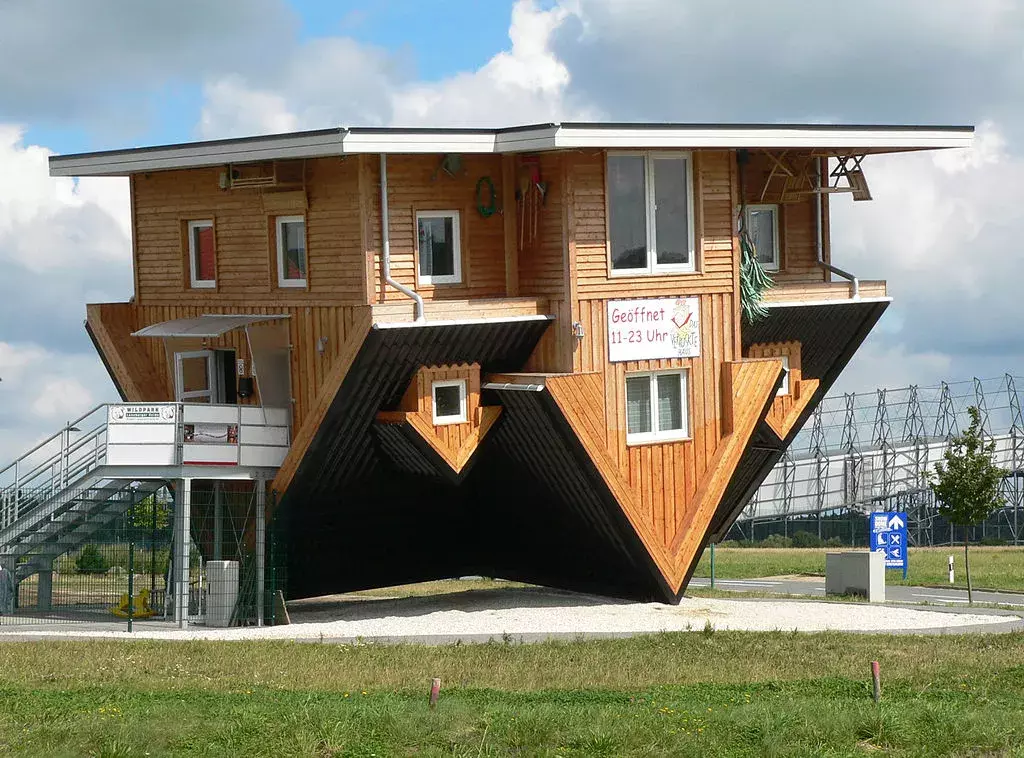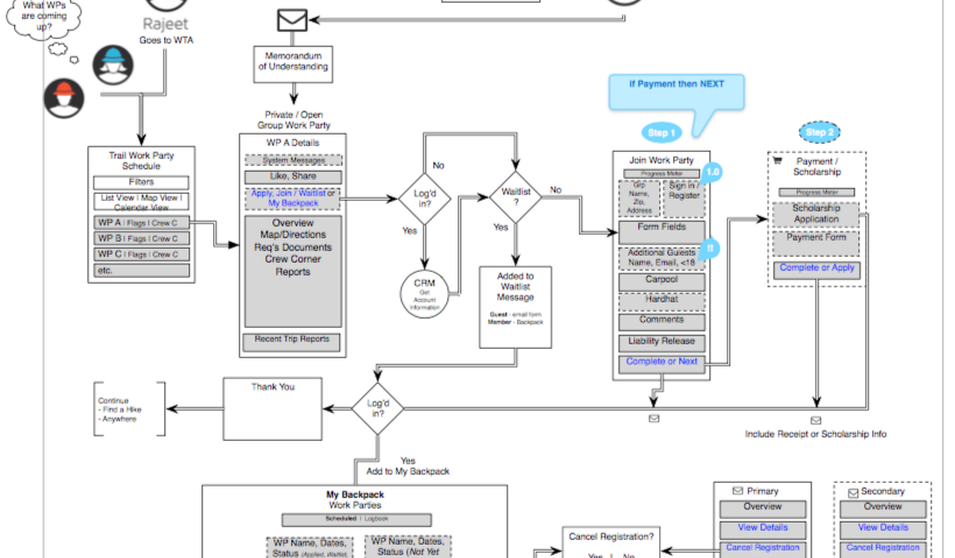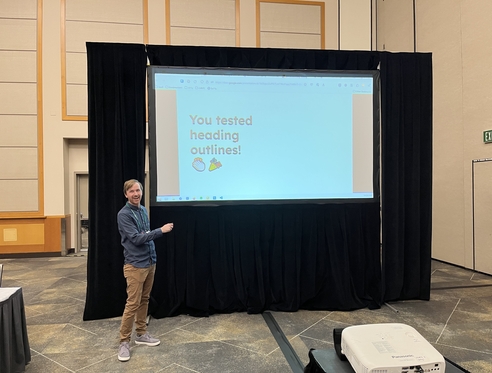At Percolator, we work with nonprofits, and nonprofits have limited budgets. Even though digital technology is becoming more and more fundamental to how nonprofits engage supporters, manage programs, deliver services, and track progress toward their missions, many organizations still operate with outdated ideas of what’s appropriate to spend on digital infrastructure and tools.
Beginning with that frame of scarcity, nonprofits are hesitant about spending an appropriate amount of their technology budgets on a robust discovery process. A discovery process is where your consultants spend time digging into how your systems currently work as well as your needs and ambitions for your new system. Discovery usually includes staff and/or other stakeholder interviews, technical research, and the formulation of an architectural approach and implementation budget.
Skimping on discovery is one of the reasons that nonprofit technology projects so often underperform or outright fail. What’s worse, there is a vicious cycle in the nonprofit sector: because of nonprofit reluctance to spend money on discovery, consultants cut corners, or leave out discovery entirely, as a way to attract customers and close sales.

We’ve seen incredibly complicated, overbuilt, very expensive implemented that haven’t served the nonprofit client well because inadequate discovery was done before coming up with a plan.
Sure, you know that you want a bathroom and a kitchen and a place to sleep. But is that enough information? Even if you wrote up everything you could think of about your dream house, handing that list directly to a contractor could lead to not-exactly-right in the best case scenario and upside-down in the worst. The final product will surely be less functional, less comfortable, and more expensive to build than if you had employed an expert architect who took the time to understand you and your family’s needs and then applied their knowledge of construction design, energy efficiency, plumbing, engineering, etc.
For building a custom-designed house, you would expect to pay 15 – 25% in architecture, engineering, and design fees, and even more if you’re planning a phased building effort. It’s well worth it for both houses and technology systems. After a thorough discovery, your consultants will truly understand your needs, allowing them to provide you with the most cost-effective technology that will serve you well and provide the right foundation for your future ambitions.
Don’t skip the architect. Choose technology consultants who conduct thorough discovery processes before making implementation recommendations. And remember, there really is no free lunch. If a consulting shop says they do discovery for free, that just means you’re paying for those costs in implementation.




